Color Class
purple
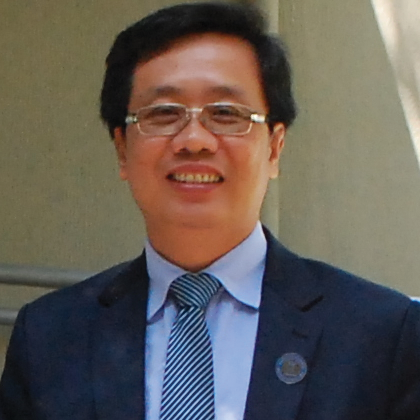 Class of: 2003
Class of: 2003
Departments: Epidemiology
Patrick Allard was awarded the 2015 International ToxScholar Grant, the second time he has received this honor from the Society of Toxicology.
For the past three years, the LAist newsroom's public affairs show "AirTalk" — which airs weekdays on 89.3 FM — has dedicated hundreds of on-air hours to COVID-19 coverage. One of the ways AirTalk has been able to deliver this information is through a powerhouse roster of COVID-19 experts working on the frontlines who offered their time and answered your questions.
 Class of: 1976
Class of: 1976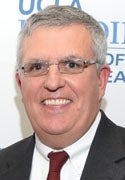 Class of: 1995
Class of: 1995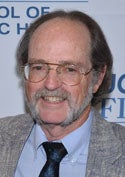 Class of: 1975 and 1981
Class of: 1975 and 1981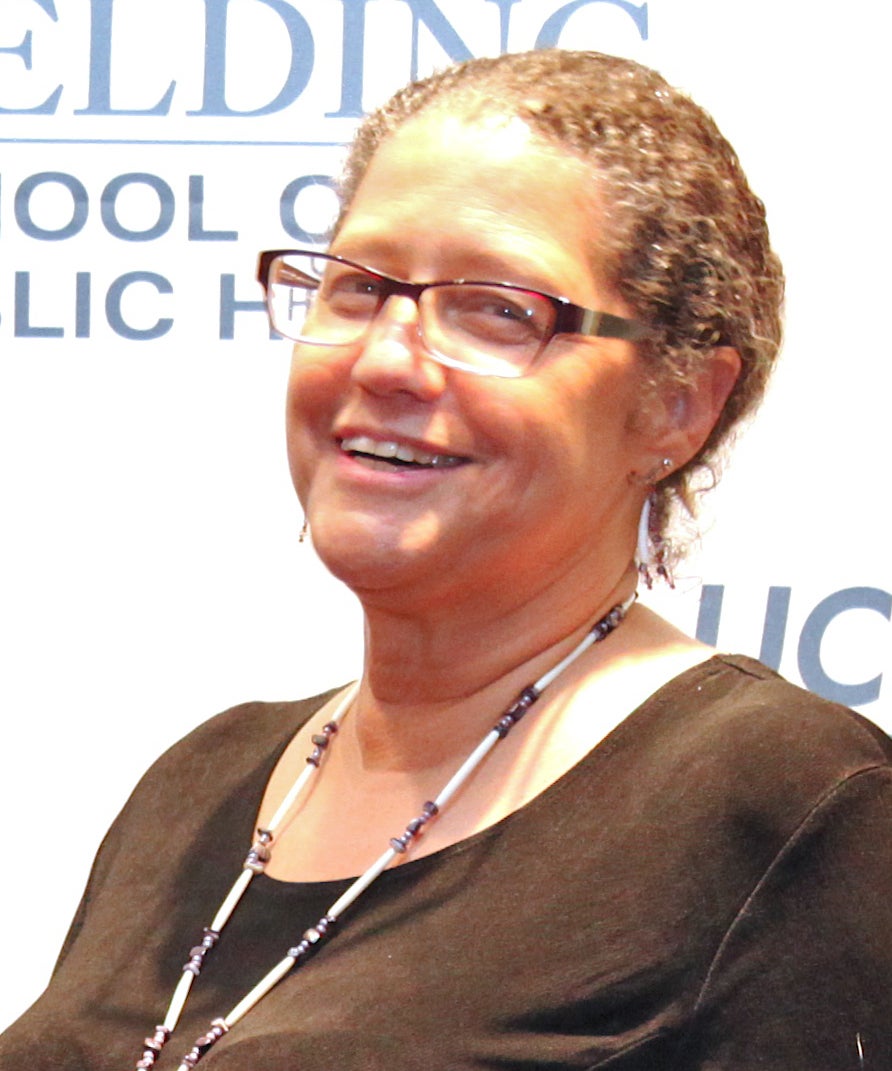 Class of: 1990
Class of: 1990 Class of: 1981
Class of: 1981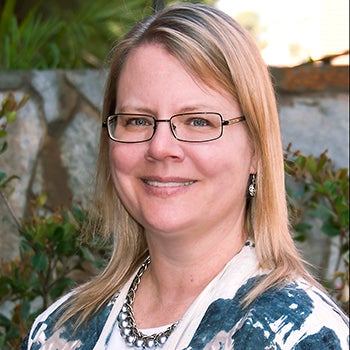 Class of: 1996
Class of: 1996